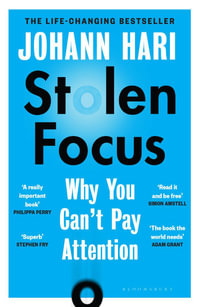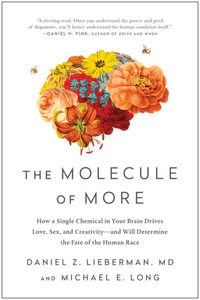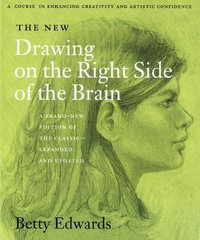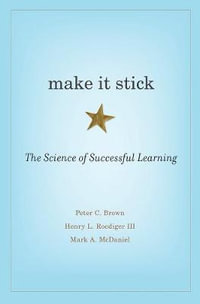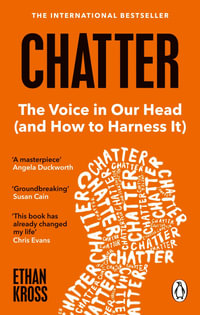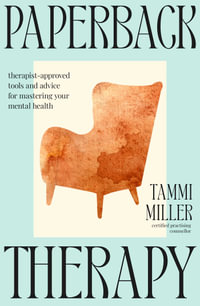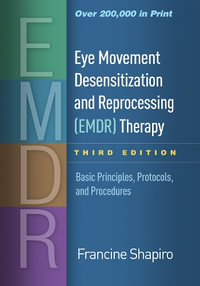"A welcome contribution to the memory literature." - Robert L. Greene, Case Western Reserve University, US, in PsycCRITIQUES
"This book's well-developed arguments, critical analysis of empirical evidence and consideration of research methodology mean it is invaluable for those involved in memory research. It is also likely to be of interest to under- and post-graduate students who are interested in taking a broad perspective of how memory operates on biological, cognitive, personal, social and cultural levels. Schmidt's engaging, entertaining and accessible written style, often featuring personal insights, means this book will also appeal to non-subject specialists who might be interested in topics such as flashbulb memory." - Victoria Wright, Aberystwyth University, UK, in Europe's Journal of Psychology
"The writing is lively and engaging and would appeal to memory researchers in general and particularly those interested in the memory effects of emotion, salience, difference, and distinctiveness. This book would also be a nice text for an upper level undergraduate seminar or a graduate seminar on this topic. I could easily envision a graduate course in which students would read empirical articles on distinctiveness and emotion in memory and use this book as the basic textbook to help bring together the many theories and findings in these areas." - Lisa Geraci, Ph.D., Texas A&M University, USA
"This is an excellent overview of the emotional memory literature. It is quite engaging to read [. . . ] I was impressed by the accuracy and thoughtfulness with which complex issues within the literature were presented." -Mara Mather, Ph.D., University of Southern California, USA
"I applaud the idea of a book discussing everyday exceptional memory. Too often memory is treated as fragile and capricious when in fact the power of normal healthy memory is critical to survival. Most books about exceptional memory are either concerned with mnemonics or savants. Thus, this book is a welcome new addition to the vast library of books we have on memory." - Reed Hunt, Ph.D., University of Texas at San Antonio, USA
"This most recent volume in the "Essays in Cognitive Psychology" series continues the tradition of providing brief but detailed summaries of an individual's extensive research into a topic, in this case memory for exceptional events. Exceptional events include the obvious choice of flashbulb memories for traumatic events such as 9/11 or the Kennedy assassination, but also the bizarreness effect, emotion and memory, the role of humor, and various forms of perceptual distinctiveness. This a meticulously researched volume... Summing Up: Recommended." - K. S. Milar, Earlham College, CHOICE



